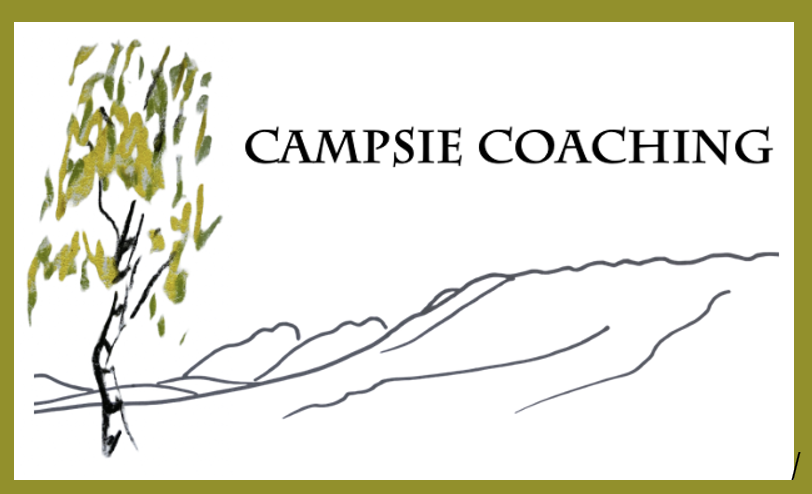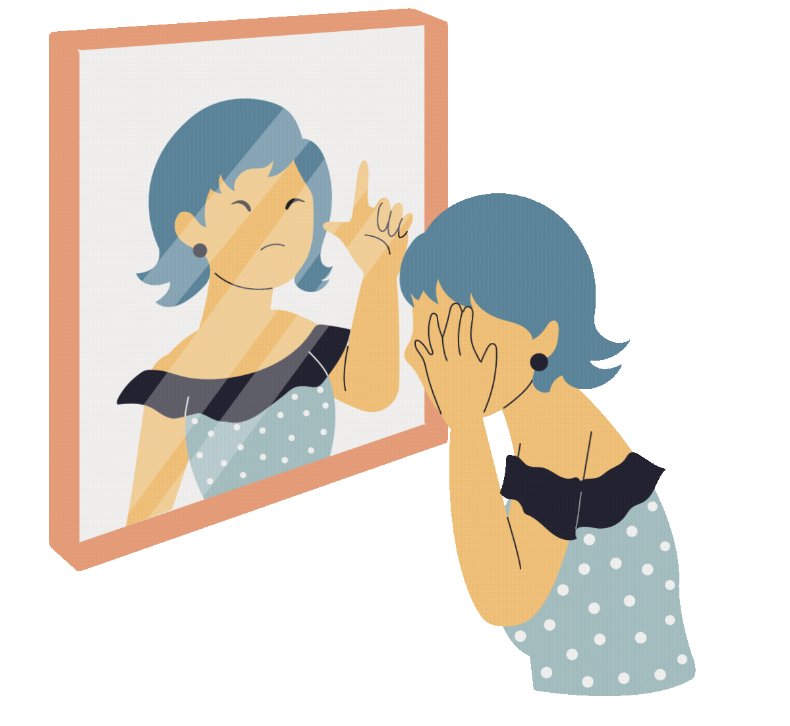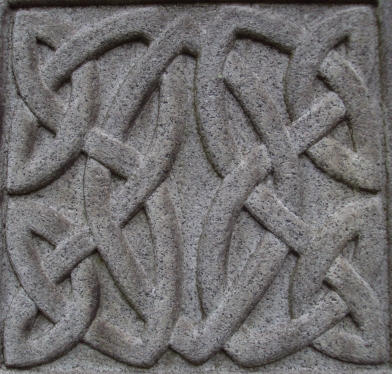If you struggle to read from a screen, listen to an audio of this blog here
When you are in pain, and the fatigue is so bone deep that lifting your leg for the next step feels impossible, it is easy to fall into the habit of blaming your body and verbally abusing it.
I remember standing to leave for the school run once and literally shouting at my legs, “COME ON, DAMN YOU!” I was so frustrated that they were shaking, and I doubted whether I would make it on time. I was directing abuse at myself that would have horrified me if I had been shouting it at my children. Yet deep inside, the vulnerable child I used to be heard that abuse and took it deeply to heart, reinforcing my negative self-beliefs:
I am lazy.
I am weak.
I am useless.
I am unreliable.
My mind, caught up in fear and frustration, had become pathologically disconnected from my body. It needed somebody to blame and, as the fixer, carer and scapegoat in my birth family, my body was the natural target. I was raised to expect myself to be invulnerable, able to push through anything, carry any burden, and, as an adult, this was powerfully reinforced by the toxic culture of the super-hero nurse. I was used to being motivated by the stick, not the carrot, and so beating myself up came naturally.
This all sat so easily with the medical model of chronic exhaustion as an illness; the body is presented as a machine which breaks down and needs external fixes – drugs, surgery, advice to cope better. Successive doctors reinforced my perception of myself as crazy or lazy as they told me my tests were all ‘normal’. Like Louisa in the film Encanto, I was a pressure cooker, and when my father died in 2016 my lid blew.
‘I’m pretty sure I’m worthless if I can’t be of service’
‘Who am I if I can’t run with the ball?’
‘Who am I if I can’t carry it all?’
‘Who am I if I don’t have what it takes?’
Finding compassion for your body
When I found The Chrysalis Effect, I began to see my body in a kinder light. My symptoms were not evidence of my body failing. Rather, they were precious signs, pointing to what in my life needed changing in order for me to be healthy happy and whole. My body was not letting me down, it was loving me. It was trying to show me how constantly driving myself through every day to please other people was harming me. To paraphrase Gabor Maté’s wonderful book, my body was saying an increasingly loud, ‘No!’ And I would not listen.
I am coming to the end of Maté's year-long Compassionate Inquiry professional skills course, and have found myself deeply moved by his assertion that, however miserable and ill we are, we are all perfectly whole. There is no need to fix ourselves, or our clients, as we are not broken. We have simply lost sight of who we really are through a lifetime of surviving by adapting to what others need us to be.
To recover, we need to learn to love ourselves, aching, shaking body, brain fogged mind and all. This body is where we live, it is the vehicle in which we travel through this world, and like any vehicle, if we drive it hard and forget to service it, it will eventually grind to a halt. So, if you have been hating, driving and neglecting your body for years, maybe today is the day to take a long, hard look at just how marvellous you are, body and soul, and to thank your body for loving you enough to say, ‘No more’.
Tip for recovery
If you struggle to find compassion for yourself, and to connect with your body, protect half an hour, find somewhere quiet and comfortable to sit, where you won't be disturbed and listen to my healing meditation by clicking here.
Making time for mindful meditation every day will help you to reconnect with your alienated body, to find compassion for yourself, and to begin the healing work of allowing yourself to rest and recover.
If you'd like to know more about mindfulness, visit Oxford Mindfulness, which has a wealth of information and resources to support you.



